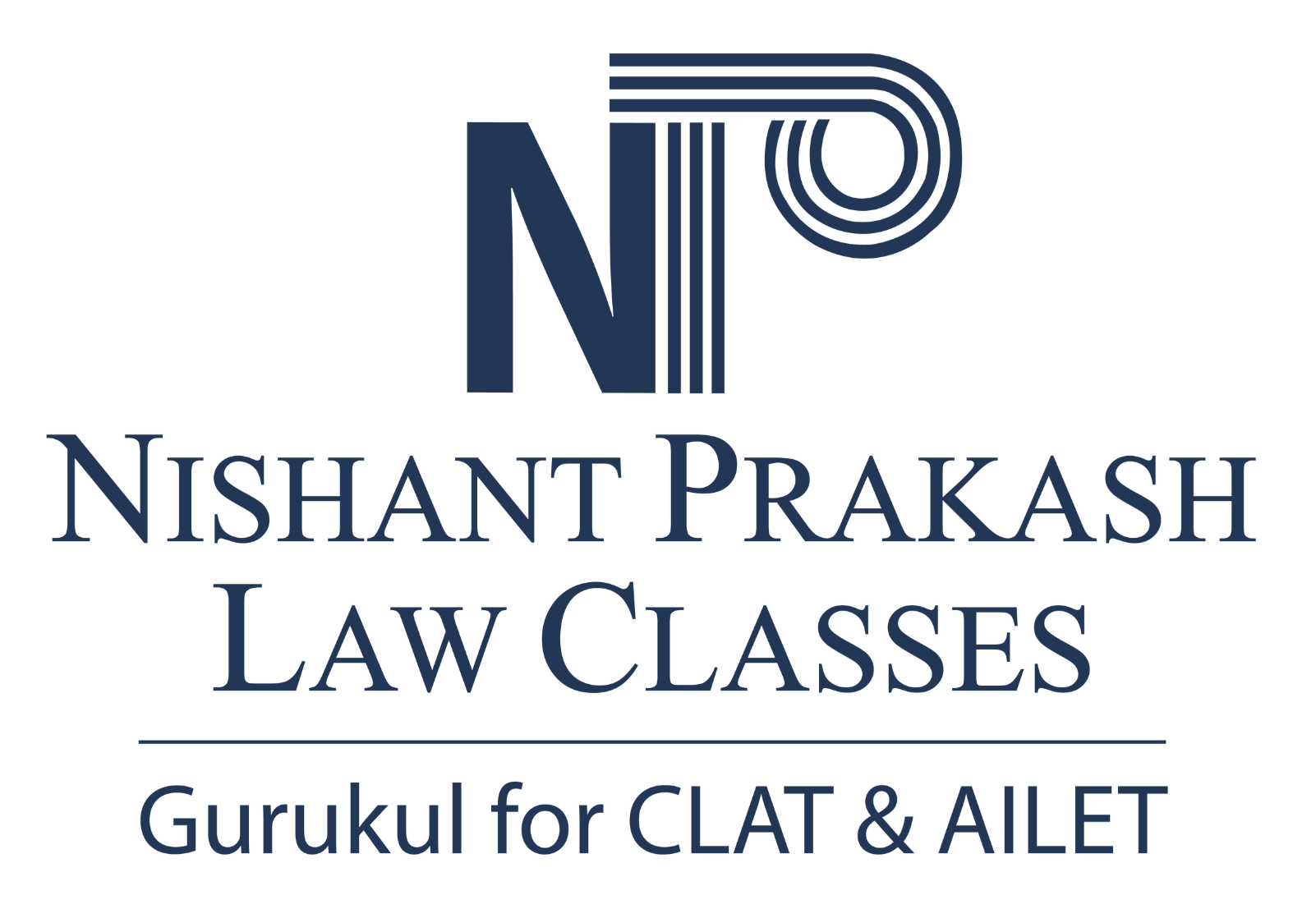5 Reasons Why You Should Opt for Best Coaching for CLAT in Delhi
CLAT, also known as the Common Law Admission Test, can be tricky. Along with the cut-throat competition, there exists the massive uncertainty of what questions are going to come and whether they will be from the topics you have covered in your preparation. Although CLAT’s syllabus may seem easy with standard English grammar, GK and current affairs, class 10 mathematics, logical reasoning, and legal aptitude, the reality is different. To have the perfect preparation for CLAT you need expert guidance, here are 5 major reasons why:
1. Vast Syllabus: From English language aptitude to logical reasoning, CLAT’s syllabus includes 5 primary sections that cover numerous topics. Although English and Mathematics are at par with class 10 standards, GK and current affairs comprise more elaborate areas. Now, it is not possible to learn about Medieval History, World History, prominent international events, the Indian Constitution, and several other information within a limited time. Furthermore, logical reasoning and legal aptitude require regular practice and guidance. That’s why the helping hand of coaching institutes become necessary as they provide you with study materials and engage you in comprehensive practice sessions.

2. Quicker Streamlined Preparation Method: In a coaching center for CLAT, you study under someone’s expert guidance. This makes your preparation smoother than you studying on your own. Through a CLAT coach you know the things to learn, and most importantly, engage in regular and rigorous practice sessions that not just help you to remember the answers but also increases your answering speed.

3. Develops Discipline: CLAT preparation requires discipline. It is because you need to give time to study for the exam. Regular effort is necessary to become a pro before you sit for the law entrance exam. But through the well-designed programs of CLAT coaching centers you not just attend classes but also get assignments or materials that you need to prepare at home to present later on. This makes you prioritize and dedicate a few hours of your daily to CLAT preparation. Soon, you become more disciplined as the competitive classroom environment inspires you to do better.
4. Expert Guidance: Simply put, what you may not know, teachers at the best coaching for CLAT in Delhi would. Their knowledge base backed with multiple years of experience of guiding and preparing students for the Common Law Admission Test equip them to design custom-made all-inclusive programs just for you. Under their dedicated instruction, you will not just find important study materials but get an opportunity to clarify any doubts regarding any of the subjects and know all tricks to ace the exam. The professional guidance of a CLAT coach helps you to become an achiever.

5. Online Classes: Online CLAT classes help you prepare for the exam from the comfort of your home. With CLAT postponed and dates not announced yet, this is the best time for you to focus and fire up your preparation. You can even record the online and live classes to go back to it whenever you are faced with doubt.
Being a national law entrance exam, there are going to millions of applicants and sharp competition in which even one mark can make a lot of difference. This is seeking expert guidance is always a wise decision. With a minimal intake of students and individual attention, CLAT coaching in Safdarjung Enclave, Delhi offers some of the best preparation programs for the exam.





